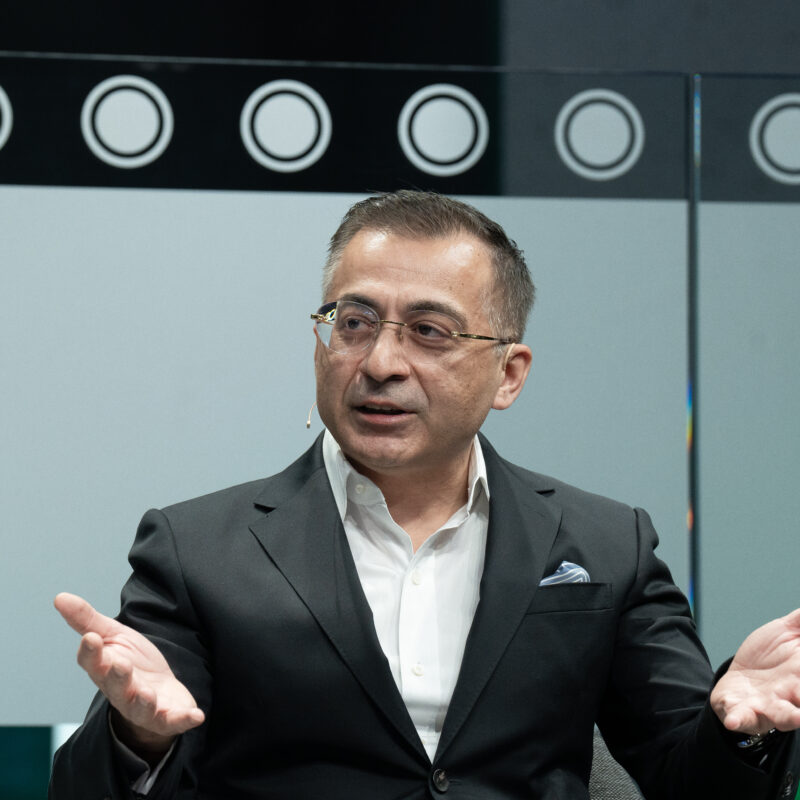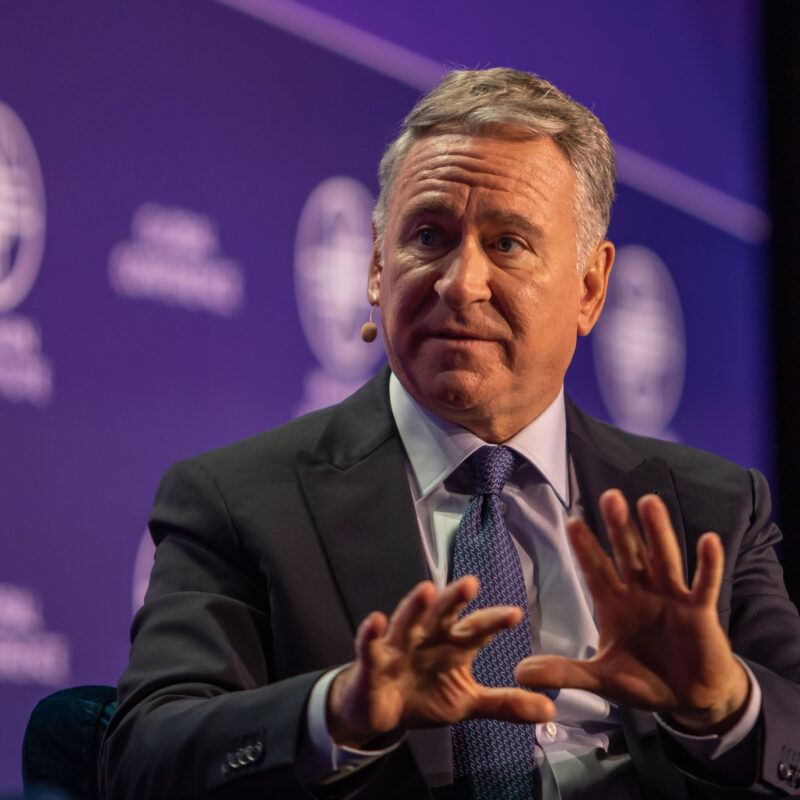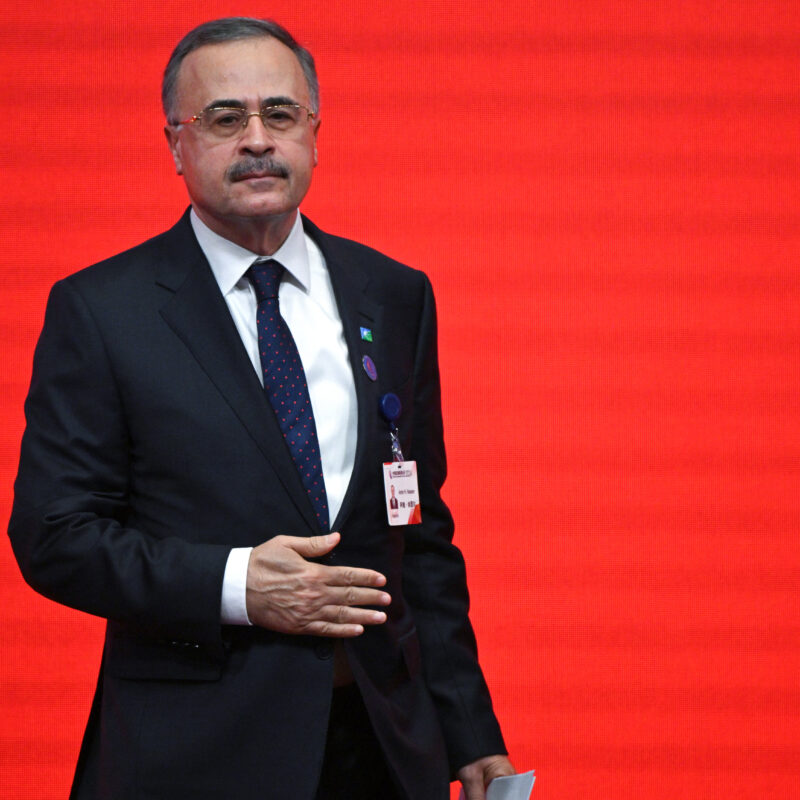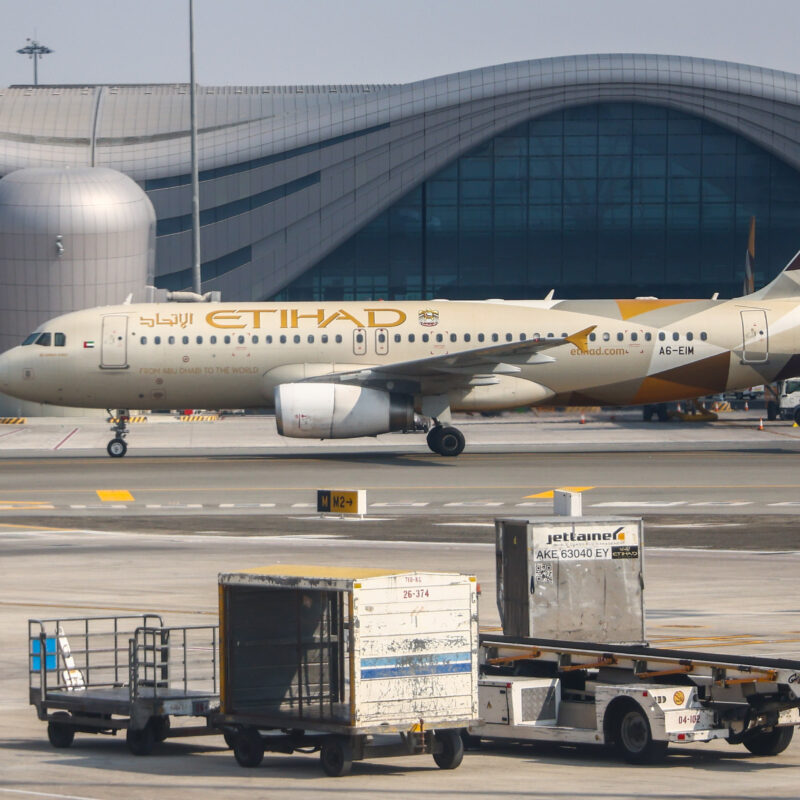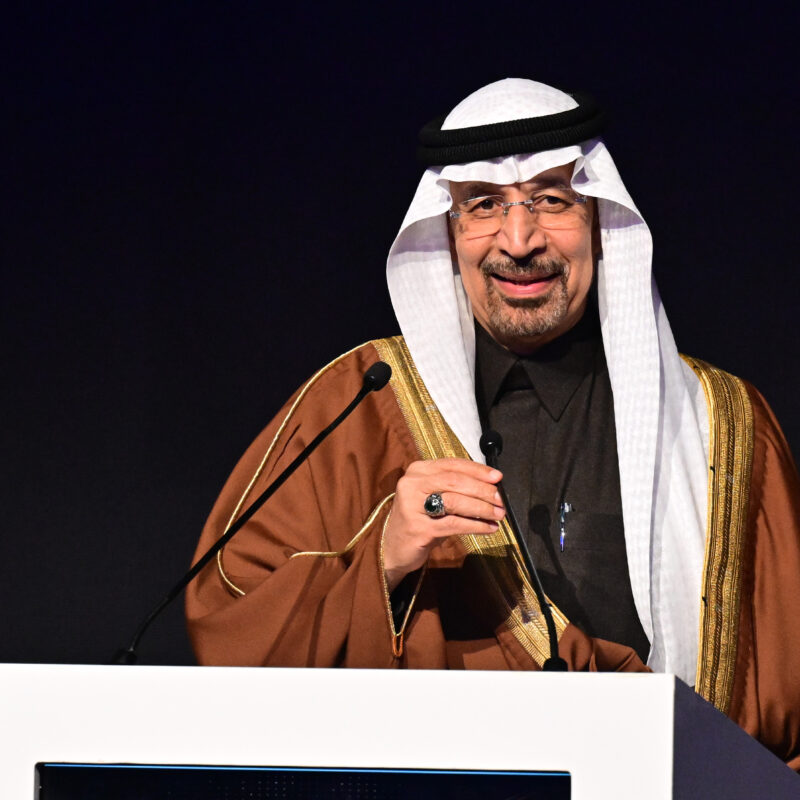Youth poll ranks Israel as third most influential in Arab world
Annual study indicates that perception of Israel as an enemy has not abated since UAE and Bahrain signed the Abraham Accords two years ago

PeopleImages/via Getty Images
Arab women getting together for lunch in a cafe
Young people across the Middle East see Israel as an increasingly influential presence in the region, topped only by the United States and Saudi Arabia in its impact on the area, according to the 2022 annual Arab Youth Survey, released Sept. 21. Last year, Israel also trailed the United Arab Emirates, which fell to No. 4 in the current edition.
The perception of Israel, though, was broadly negative, with 88% of the respondents describing the Jewish state as an enemy. Iran was seen as an enemy by 62% of those surveyed. China, by contrast, was viewed as an ally by 78%; Turkey by 77%; Russia by 72% and the U.S. by 63%.
The poll, commissioned by ASDA’A-BSW, a Dubai-based unit of the world’s largest advertising and public relations agency, WPP, involved face-to-face interviews with 3,400 people ages 18 to 24. It was conducted in 17 countries and territories across the MENA region by IDS Research & Consultancy from May 13-June 16.
The survey, which has been published annually for 14 years, indicated that the normalization of Israel’s ties with the UAE, Bahrain, Morocco and Sudan through the 2020 Abraham Accords has some distance to go in softening the hostility with which it is perceived among Arab youth. Other Arab countries, including Saudi Arabia and Qatar, have said continued friction with the Palestinians has prevented them from joining the agreements and establishing official ties with Israel.
The rising cost of living was cited by 35% of the respondents as the greatest obstacle facing the region, with unemployment cited by 32%. Next was the Israeli-Palestinian conflict (28%), the COVID-19 pandemic (23%), the threat of terrorism (17%) and lack of opportunity for women (13%).
The UAE was viewed as the most desirable country to live in by 57% of the respondents, followed by the U.S., Canada, France and Germany. At the same time, 73% said they favor U.S. disengagement from the region. Many more Arabs hold the U.S. and its NATO allies as responsible for the Russia-Ukraine conflict (31%) than blame Russia (18%) and Ukraine (15%).
More than eight in 10 respondents said social stability in their countries is more important to them than democracy, and 64% said that democracy will never work in the Middle East.
The survey found that WhatsApp, Facebook, Instagram and YouTube are the most commonly used social media platforms among Arab youth. Use of TikTok has more than doubled in the past three years while that of Facebook and Twitter have declined.

